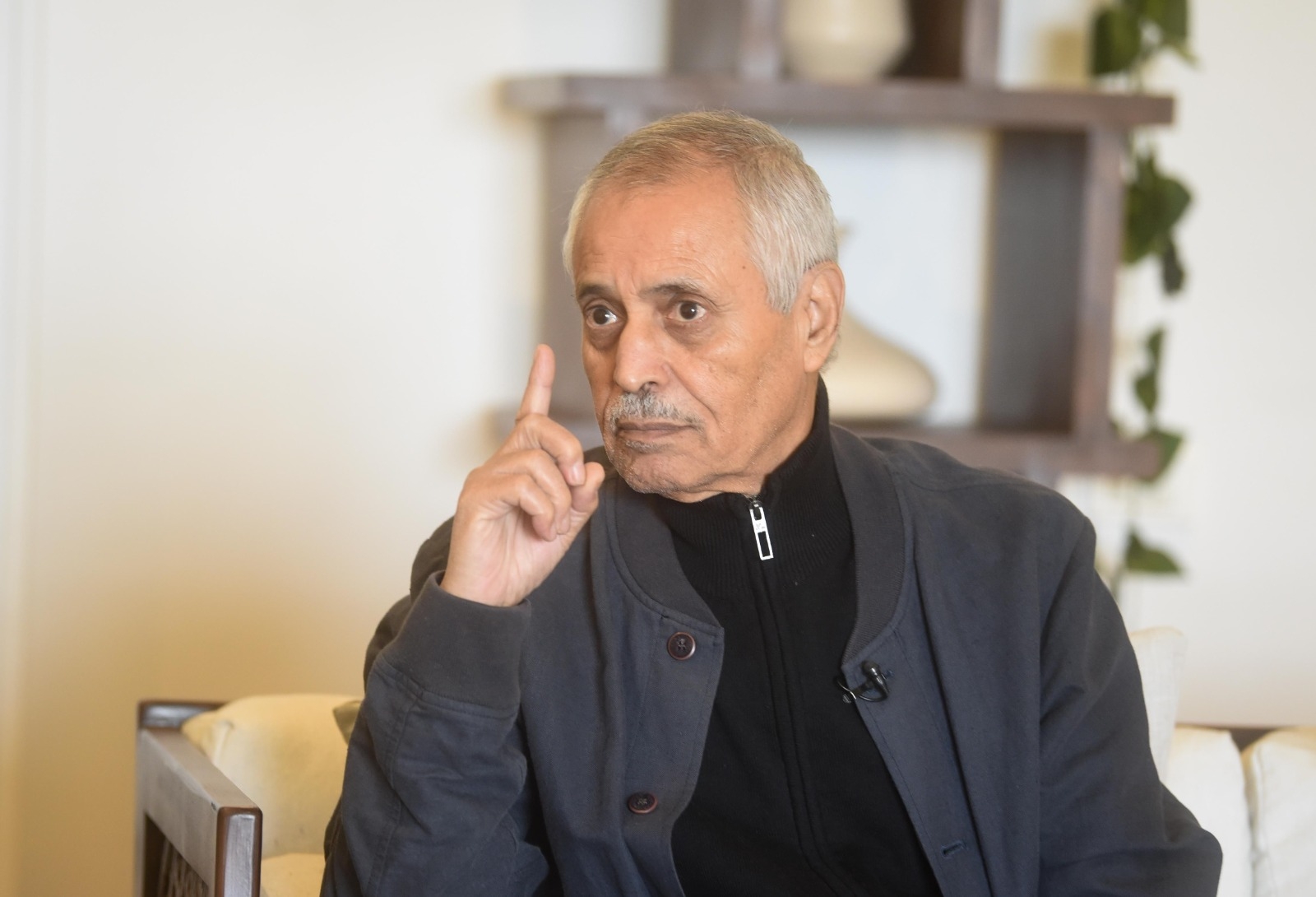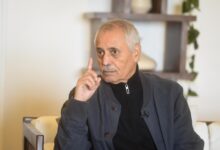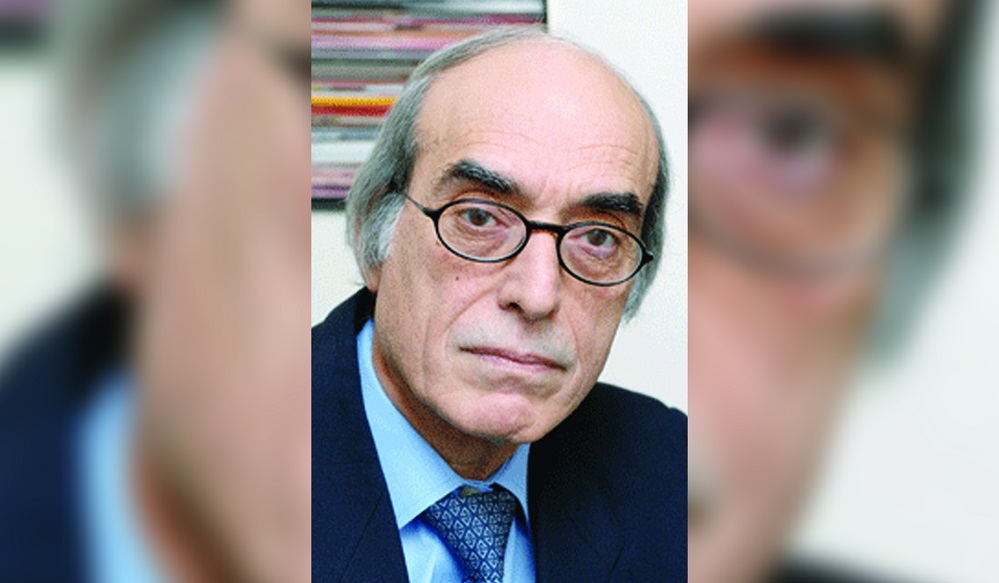Why Didn’t Clinton Share the Nobel Prize with the Oslo Accords Trio?
Al-Khamisa News Network - Gaza

By Hassan Asfour
Before the Sharm el-Sheikh statement on October 8, 2025, about halting the Gaza war according to Trump’s plan, discussion of the Nobel Peace Prize and the American president’s right to win it occupied wide media coverage. It went beyond the usual when heads of state and government and public figures, including President Putin, moved to support Trump’s victory — a unique historical precedent.
In truth, ending the genocidal war carried out by the Jewish fascist state deserves recognition — but certainly not from the United States, neither from its president nor the state itself. The U.S. is a central part of that action and should be referred to the International Criminal Court and international justice, not praised for providing $22 billion in support for one of the modern era’s gravest crimes. Washington was a partner in the original planning, with former President Biden participating in the enemy’s war council on October 8–9, 2023, which approved the initial aggressive incursion into the Gaza Strip.
Since Trump’s return to the White House in January 2025, he has doubled military support and lifted some bans on types of deep-penetrating bombs. The political brazenness crossed all bounds when he announced that his plan aimed to return fewer than fifty Jewish hostages and to end Israel’s international isolation and reduce global hatred toward it — confirming that the “rescue” goal was to save the enemy state, not a people facing extermination.
If there were political justice, the Nobel Peace Prize this year would have gone to the people of Gaza and to South Africa, which immediately took the case to the International Criminal Court to stop the genocidal war despite all the U.S. efforts to block it, and which opened the file of the court prosecutor Karim Khan — who had been their favored candidate — after he issued an arrest warrant for the prime minister of the Jewish fascist state, Netanyahu, and his then-war minister, Gallant.
Because talk of the 2025 Nobel Peace Prize took highly personalized dimensions, with the U.S. president pushing for his own win instead of referring himself to a political arbiter, the question was overlooked of why U.S. President Bill Clinton did not win the prize despite overseeing signature agreements in the history of the Palestinian–Israeli conflict: the Declaration of Principles in 1993 and the Interim Agreement in 1995. There is no comparison between the service to the Palestinian cause and the establishment of a new framework that the 1993 agreement provided, and the Sharm el-Sheikh agreement, which was an agreement of death and destruction.
Most political followers may not realize that the United States was not part of the Oslo negotiations from January to August 1993 and did not participate in any session, although it was aware of them. Warren Christopher’s team, led by Dennis Ross, treated them with contempt and considered them a political joke. The great surprise for that administration came on the night of August 20–21, 1993.
Despite the U.S. administration’s position on the Declaration of Principles, President Clinton pushed for the formal public signing to take place at the White House, which happened on September 13, 1993. That launched the Taba negotiations in 1993 on implementing the Gaza–Jericho phase, which continued until May 4, 1994. The United States did not participate and did not send a single representative throughout those negotiations, revealing its hostile stance toward the agreement.
In October 1994 the Nobel Peace Prize was awarded to Yasser Arafat, Yitzhak Rabin and Shimon Peres. President Clinton was not among the laureates because his administration had no role, credit or even partial contribution to achieving that agreement.
The U.S. State Department’s hostility to the Declaration of Principles did not stop there; it continued during the 1995 Interim Agreement negotiations, in which the U.S. again had no presence or influence, although that agreement was also signed at the White House on September 28, 1995.
Without opening the file of the “black alliance” to overturn the Declaration of Principles and prevent its progress toward building the first Palestinian entity, the first U.S. presence in post-Oslo negotiations came after the assassination of Yitzhak Rabin and then the election of Netanyahu, the spearhead of the anti-agreement coalition, during the Hebron talks in 1997 — revealing the depth of Jewish‑American hostility.
Discussing these matters is not intended as a critique of the Nobel Peace Prize itself — which is, in its essence, marked by its own controversies — but rather to revive the “political memory” of an agreement that broke the core of Talmudic thinking and laid the cornerstone for the first national entity on Palestinian land; of a network of a black alliance led by the United States and partnered by a Jewish majority, Palestinian tools and some Arabs and non-Arabs, whose single shared goal was: no Palestinian national entity in the West Bank, Jerusalem and the Gaza Strip. It appears they achieved what they wanted.
Do some Palestinians realize what a political Nakba did, serving a Judaization project? I am not referring here to Hamas, which has no national future and reshapes its vision away from subservience to non‑Palestinians — that is the new challenge.
Note: Palestinian factions that were supposed to make noise issued a toothless statement — saying they would not permit any guardianship over the Gaza Strip and that this is an unmistakably Palestinian matter. Is it possible these components do not understand what they randomly signed in Sharm el‑Sheikh? And where will “Abu Ivanka” go with his Council of Peace, the viceroy? To be honest, such factions are worthless — trash on the trash heap. The only winner of the war is your eternal burial.
Special note: Away from the clamor of the heirs of al‑Banna, what Abbas did by talking about forming a Popular Front for Peace in the State of the Jews is the right political move. But this requires very serious, substantive work — not a few phone calls and meetings with some of your people who shame the country. If you want the real and pure, Mr. President…






